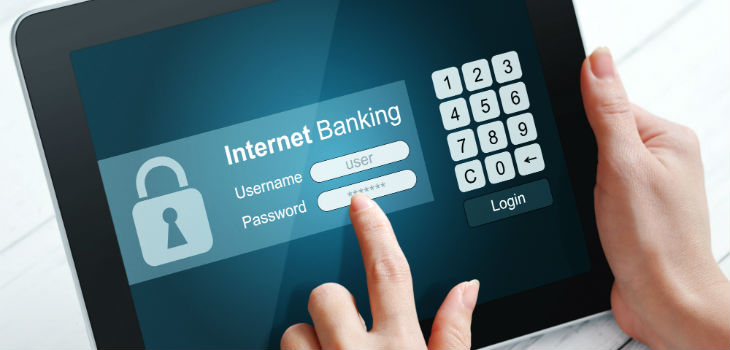8 Internet Scams That Are Stealing People’s Money

6) Reset your banking password
I am going to start off by saying, your bank WILL NEVER email you to ask you to reset your password. You may be prompted to change your password occasionally when you log into your account, but they should never be sending an email to you requesting this change.
Unfortunately, this is a scam people fall for all the time. You receive an email saying it is time to reset your password due to your banks new security and privacy protection. Everything looks legit. You enter your username, your old password to verify, and your new password to change. Everything is done and you go about your day. The next time you try to log into your bank account, you think it’s strange that the new password you just reset to doesn’t work. You try your old password to find that your money has vanished.
It happens. Just remember, if you ever change a password, especially to a financial institution, exit out of the email you received and then login directly to your financial institution. If you realize it was a scam you should contact the fraud service for your bank.
